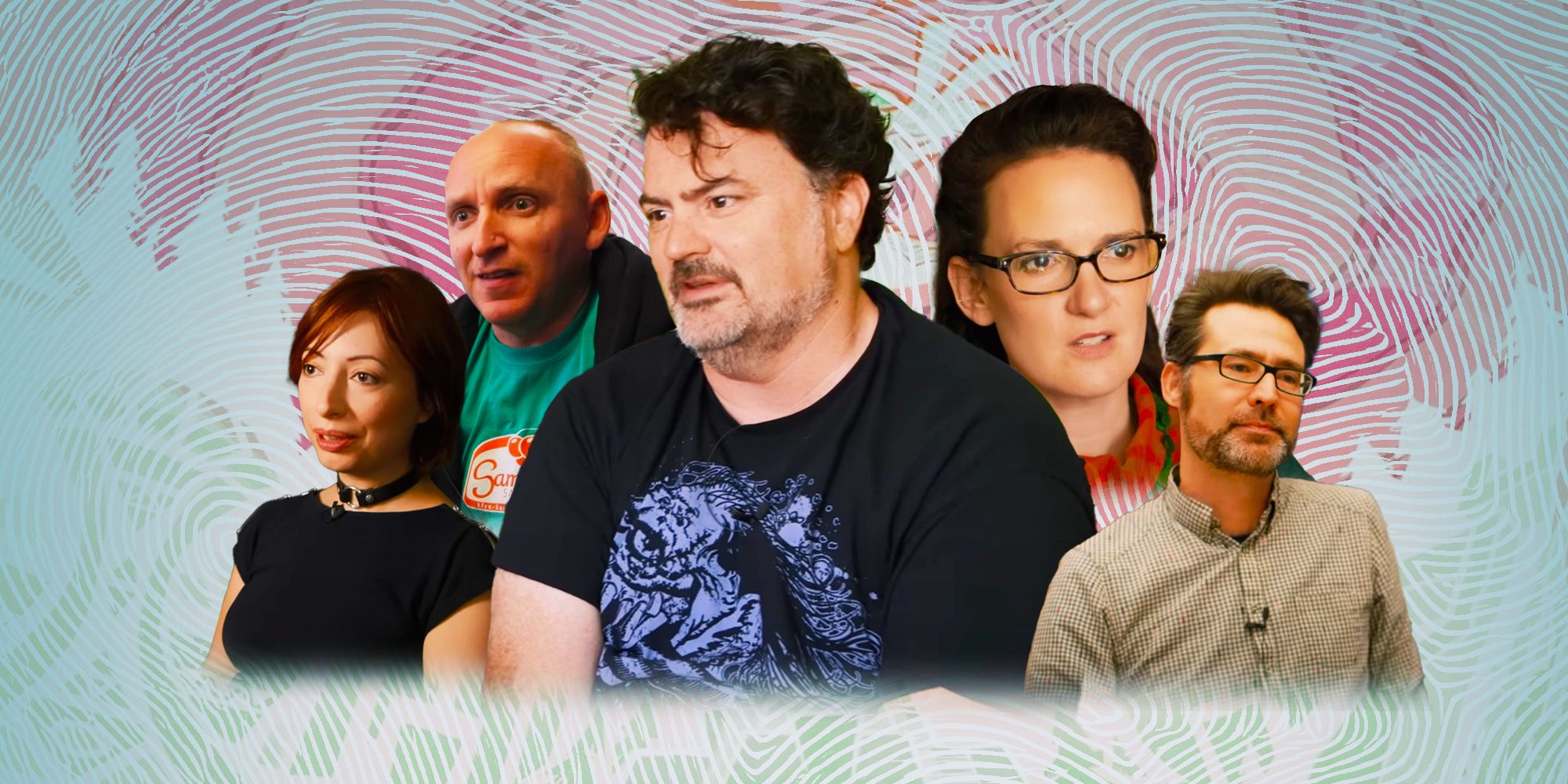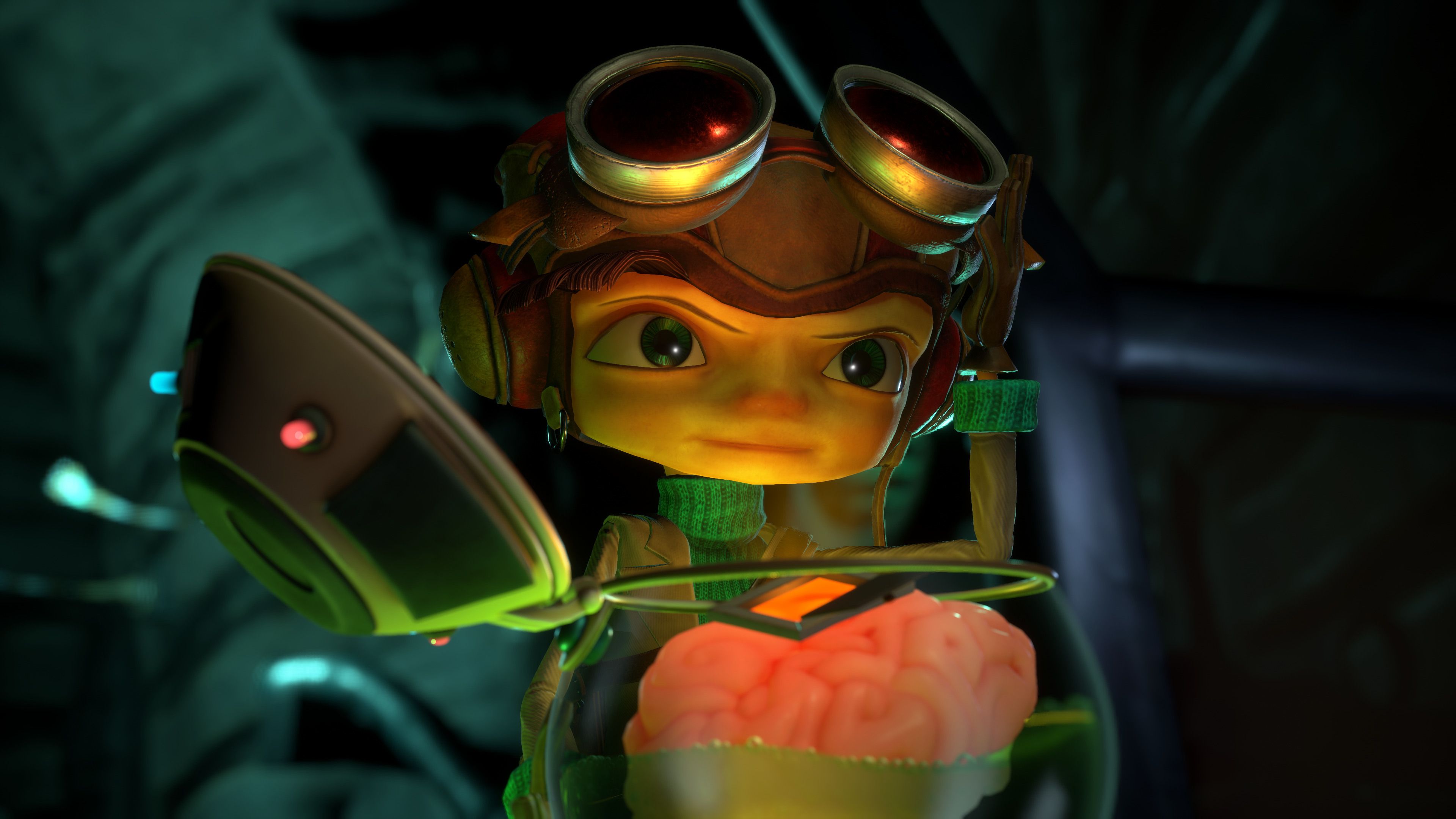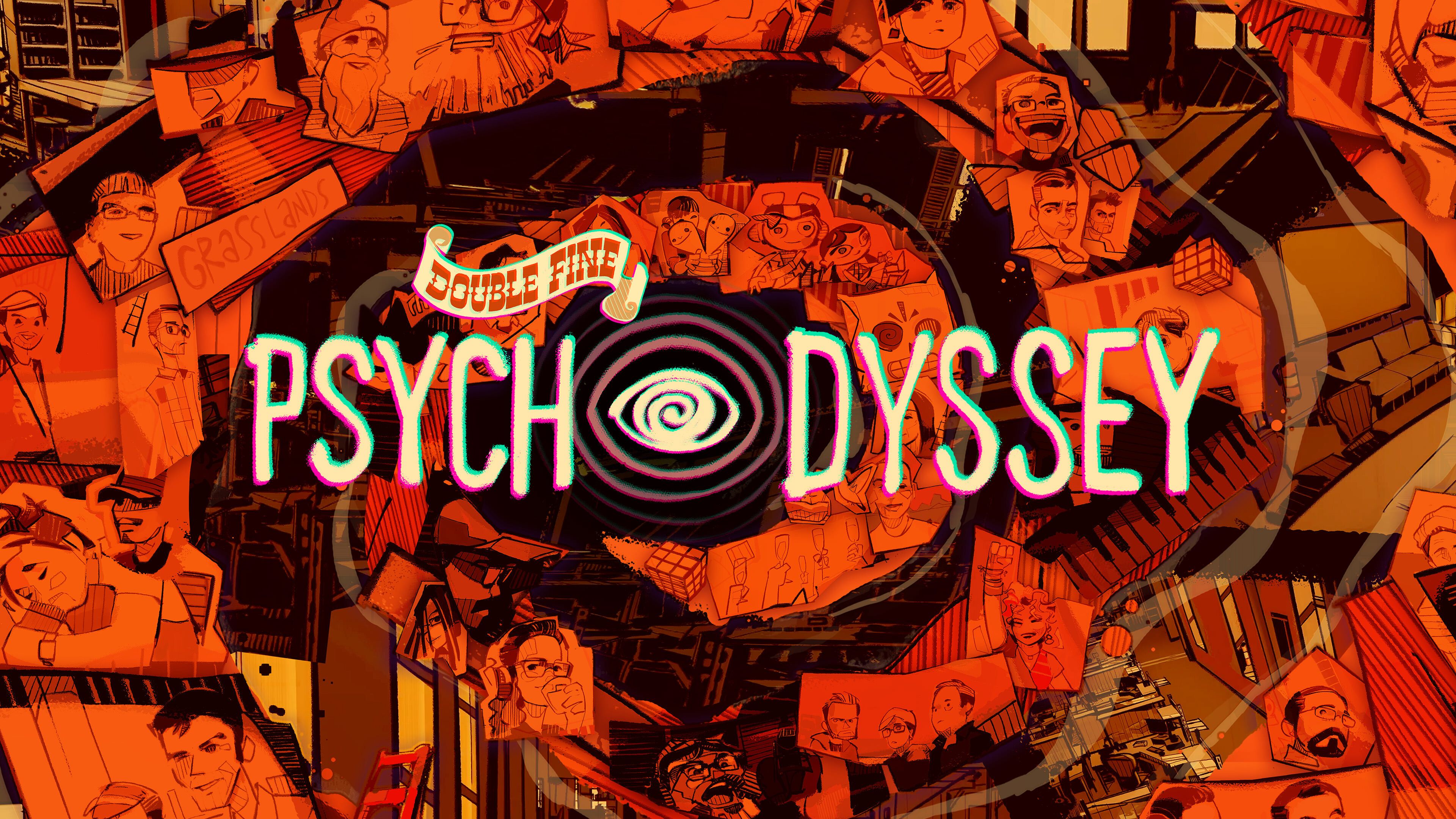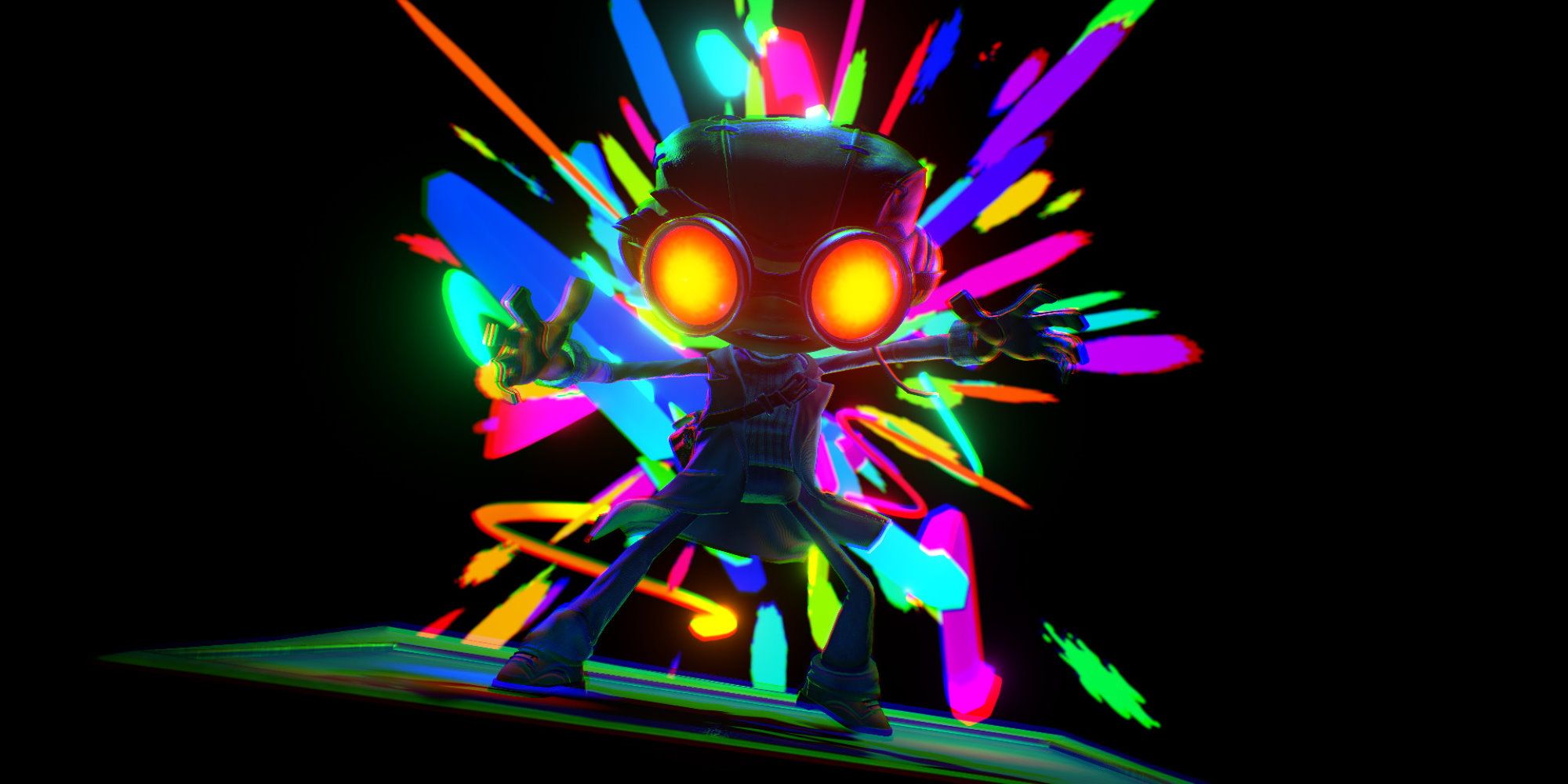Double Fine’s Psychonauts 2 documentary from 2-Player Productions is one of the most accomplished chronicles of game development I’ve ever seen. Over the course of seven long years, we follow Tim Schafer’s company through Rhombus of Ruin, new ownership from Microsoft, and the Covid-19 pandemic - all of which are framed towards the goal of releasing Psychonauts 2. What began as a crowdfunding campaign to fund a fan favourite sequel evolved into an odyssey that shows how hard video games are to make, how much human relationships should be valued, and how even after leaving places we once loved behind, little pieces of us remains in their lifeblood that deserve to be treasured.
Players are known to treat video games as a passive art form. Almost like their favourite titles are produced by an obedient machine in a lab designed to pump out masterpieces every few years without fail. The hard work and heartfelt ingenuity that goes into conjuring up ideas for a game, let alone sitting down to make it, is a creative endeavour that should never be cast aside. It’s a tired mantra, but it really is a miracle that video games are ever made in the first place when you consider how many moving parts are required to work in tandem without it all falling apart. Psychodyssey never shies away from that. If anything, it makes a concerted effort to show everyone and everything in an impartial light that is quite hard to comprehend.
The documentary and all of its 32 episodes total up to 22 hours of curated behind the scenes interviews, observations, and insight into a studio where the camera crew is entrenched with near unfettered access. Having previously produced a number of videos following their work on Broken Age and less comprehensive glimpses at Psychonauts 2, the way in which we are brought into the inner workings of Double Fine and never painted as outsiders is a massive achievement.
2-Player Productions are treated as salaried employees, so at first my concern was whether they’d deliberately sugarcoat certain aspects of the dev journey or serve some cynical corporate purpose, but that is never the case. Each episode is bitingly honest and raw in ways that serve nothing except the truth, and how even making games as wrought with charm and whimsy as this one come with near insurmountable challenges.
We become flies on the wall and watch as months pass by in the blink of an eye, getting to know employees who begin this project with rampant enthusiasm only to leave their dream workplace under circumstances they could have never imagined. Being asked to intimately connect with these people while having their boons and flaws presented with such impartial honesty is quite daunting at first, yet solidifies an emotional investment that we have never seen a studio like this provide on a similar scale before. Double Fine is now entirely owned by Microsoft, and here is a documentary that willingly questions the ethics behind how it all came about and how divided the team was about losing their independence.
Yet it also kept them afloat during the pandemic, providing an economic safety net to help make Psychonauts 2 the best it could possibly be. There are sometimes no right or wrong decisions to be made during times like this, only discussions that bring collectives to a new destination where they are comfortable moving forward no matter the outcome. Throughout each episode, there are major conflicts between design and art departments, and how often the project unfairly favoured certain disciplines and resulted in troubled production and bad faith to foster amidst the ranks until nothing was being accomplished.
So many times there will be entire interviews moaning about how the game isn’t fun and without any meaningful change, it never will be, and the self-imposed dread that comes with throwing years of your life away on something that could amount to nothing. Wounds are inflicted throughout the game’s development and the scars remain upon its release, and it’s so important for us to acknowledge the emotional cost required to put this much of yourself into something.
Tim Schafer spends much of the project locked away in his office writing, slowly gaining a reputation for failing to attend important meetings or dedicate his heart and soul to a game that ultimately feels empty without him. A project lead is even fired before the game enters alpha, with Schafer coming to the conclusion that after multiple complaints and low morale, that his previous choice’s aggressive management style isn’t a good fit for Psychonauts 2, let alone Double Fine. Several months are wasted agonising on these decisions or avoiding difficult conversations out of common decency, with push coming to shove far too late. That was never the intention, and now the pieces must be picked up to salvage what is left.
Double Fine eventually bursts forth from this malaise, only to stumble across more and more obstacles that - like development is for so many games - are neverending. You celebrate the triumphs and ruminate on the failures, taking what pleasure you can from every win in order to persevere within a ruthless industry. People who worked at the company for decades are forced out or decide to leave of their own volition, while meetings about the negative impact of crunch culture erupt into shouting matches defined by a tearful, generational divide. I can see where most of these people are coming from, and it’s their differing perspectives which are responsible for how special Psychonauts 2 turned out to be.
22 hours is a big investment, but this documentary is a journey through the realities of game development that I’d recommend to anyone with a strong interest in the medium. It pulls us into a new environment that isn’t afraid to educate, critique, and explore the reasons why we all fell in love with video games in the first place. Better yet, it’s a beautifully human picture of the people behind some of the greatest adventure games ever that I never expected to see.




